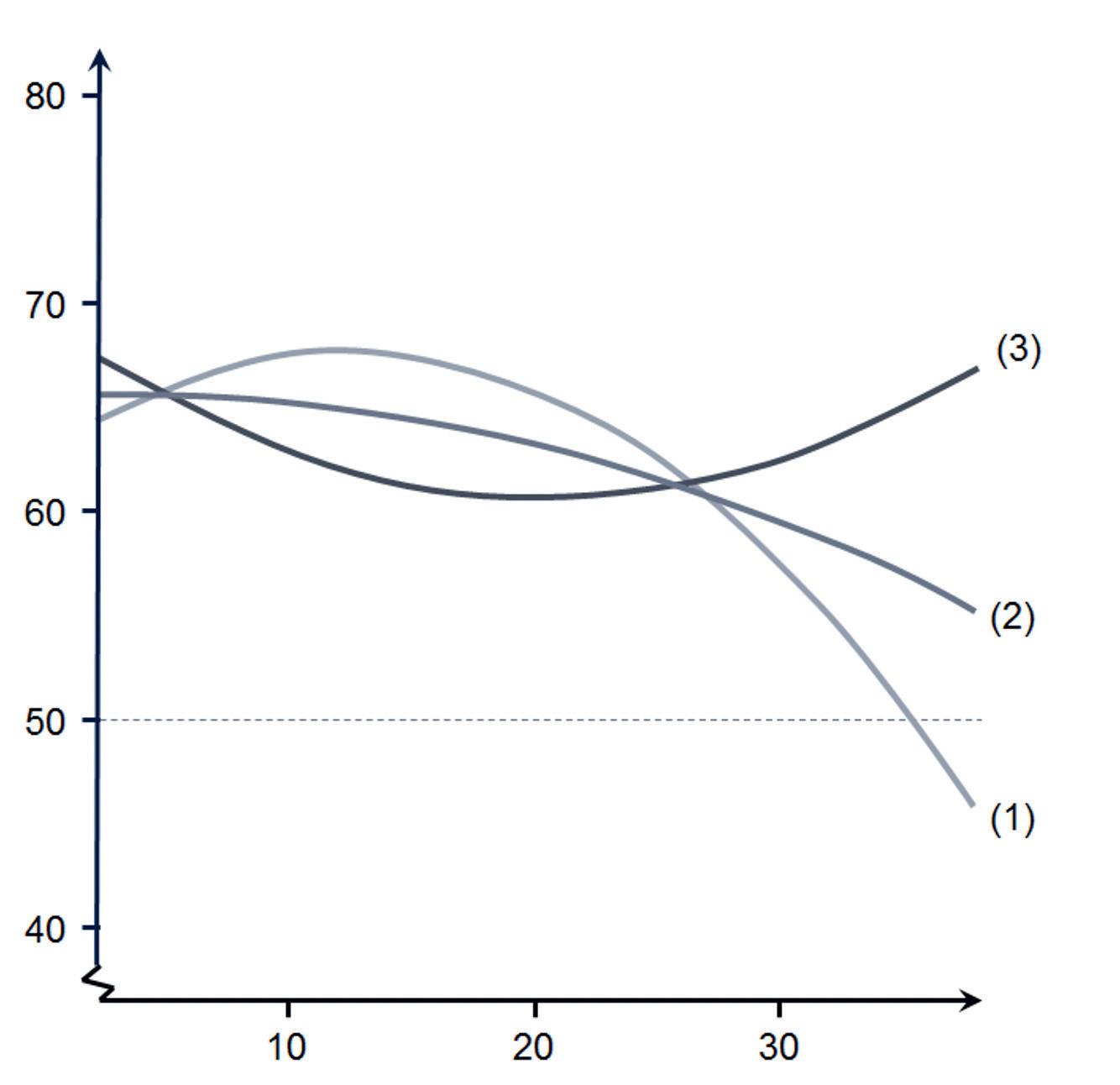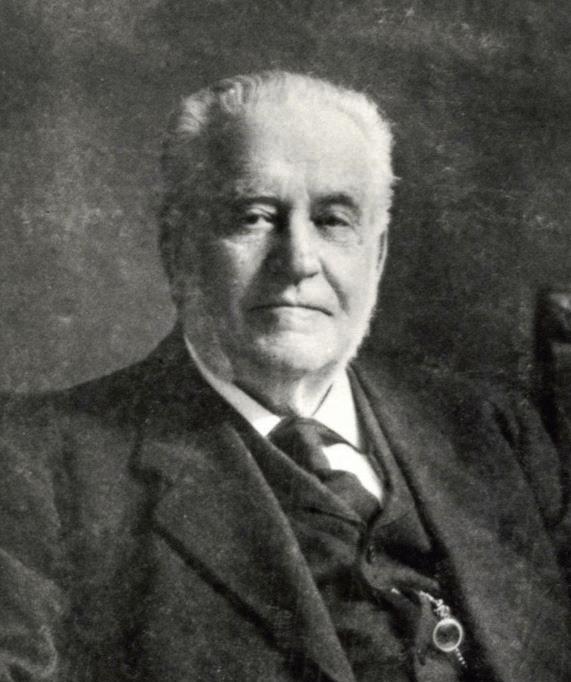Marcel Pheijffer
This contribution takes a closer look at the meaning of ‘professional’ in conjunction with the concepts of honour, pride, dignity, ethics and judgement. Each conceptual pair is discussed briefly to arrive at an overarching sense of ‘professional honour’. This is an important concept for any professional, not least accountants. Laws and regulations are important, too. However, there is a danger that by imposing too many and overly detailed rules, we end up restricting accountants’ room to manoeuvre and ability to perform their professional ‘craft’. From there, it’s only a small step to a compliance-driven culture and climate of fear, ultimately making accountancy less attractive as a profession.
A few good men My favourite scene in cinema is in the courtroom drama A Few Good Men, and plays out between Lieutenant Daniel Kaffee (played by Tom Cruise) and Colonel Nathan Jessep (Jack Nicholson). Colonel Jessep is convinced he has right on his side becau se he followed military rules.1 The lieutenant, a lawyer, leaves no stone unturned to expose the truth. In his quest for that truth, Lieutenant Kaffee manages to get Colonel Jessep called to the witness stand. During the cross-examination, the lieutenant by turns challenges, flatters, interrogates and riles the colonel to the point that he loses his self-control, provoked by Kaffee’s insinuations about his seeming lack of professi onalism. To the colonel’s way of thinking, he had acted as he should by disciplining a marine who violated the military code of honour. He believed he had no choice but to order a ‘code red’ to punish a soldier who’d overstepped the rules. On the witness stand, Colonel Jessep lashes out: ‘We use words like honour, code, loyalty. We use these words as the backbone of a life spent defending something, you use them as a punch line.’ But the lawyer stands firm and repeats: ‘Give me the truth.’ Choking in righteousness, the colonel finally delivers the title for this contribution: ‘You can’t handle the truth!’ 1 The marine who received the ‘code red’ was Santiago (who was murdered). A code red is a punishment of one soldier carried out by the rest for failing to observe certain rules, and usually involves some form of physical
‘ you can’t handle the truth ’
‘You can’t handle the truth’
41





